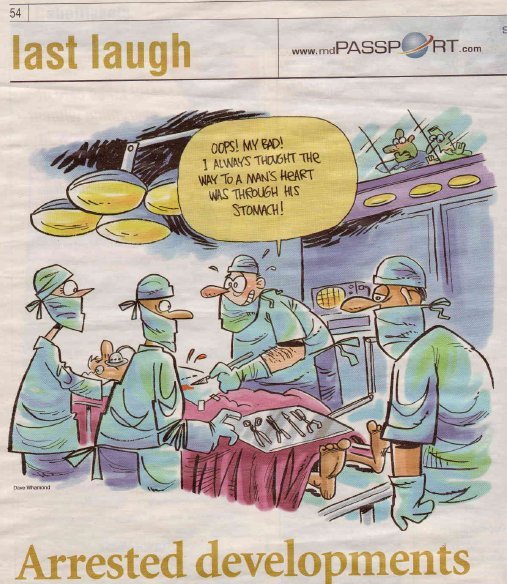More than four million Canadians do not have a family doctor. Currently, Canada produces 2,300 new doctors a year but we need about 3,200 a year. How can we find 900 more doctors annually?
Canada has failed to use the services of the thousands of international medical graduates (IMGs) in Canada who are unable to practise because they can’t get a licence. There are also an estimated 1,500 Canadian citizens studying at medical schools abroad.
I propose a 10-point mini-Marshall plan:
1. A medical manpower czar should be appointed by the federal government. He should have a sufficient budget and manpower to undertake the task of making Canada self-sufficient in medical manpower.
2. The czar should create a registry of all IMGs who are in Canada but have no licence to practise. This can be done via the media.
3. The czar should conduct a survey of these graduates to find out what each one of them requires to be fully licensed.
4. From the responses, the czar should create conditions and provide financial help (in conjunction with teaching institutions, hospitals, licensing bodies and provincial governments) to assist these overseas-trained physicians to be fully licensed in one year.
5. Those who fail to get a licence should get one more try. If they fail again, they should be told to pursue other careers.
6. Those who accept government help should promise to work in an underserviced area for two years before they move elsewhere.
7. The czar should create a registry of Canadian medical students overseas. Again, the media can help get the word out.
8. The czar should survey these students to find out how many of them want to return to Canada to do their residency and practise here.
9. The czar should constantly stay in touch with these students and encourage them to pass LMCC (Licentiate of the Medical Council of Canada) when they prepare for the USMLE (U.S. Medical Licensing Examination). Canadian licensing bodies should accept USMLE as equivalent to the LMCC
exams.
10. The czar should offer them financial incentives to come back to Canada via signing bonuses. This can be done in conjunction with hospitals and provincial governments.
IMGs and Canadians studying abroad did not cost the Canadian taxpayer a single penny to train. So what is wrong with investing some money in them to absorb them into our system? That is surely better than spending thousands of dollars on Canadians who obtain their MD in Canada and then move to the U.S.
Start reading the preview of my book A Doctor's Journey for free on Amazon. Available on Kindle for $2.99!
